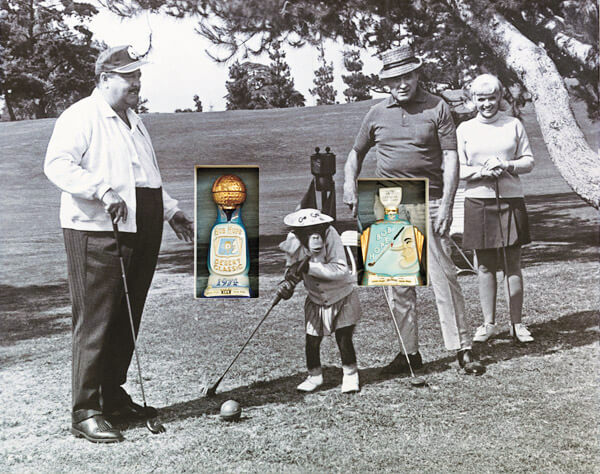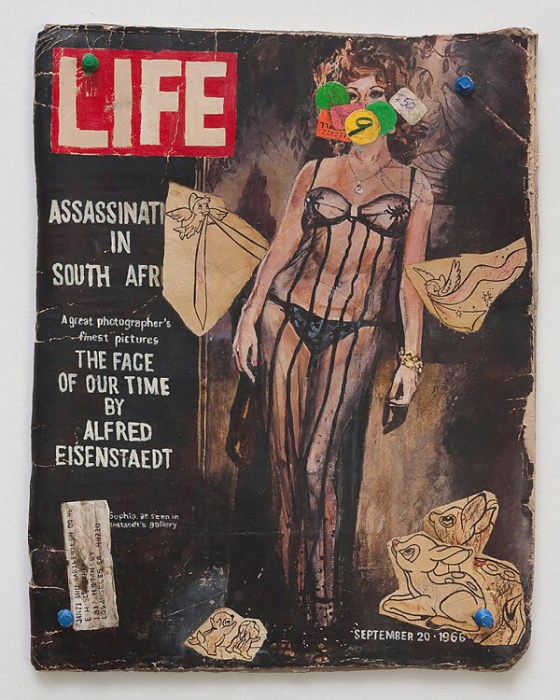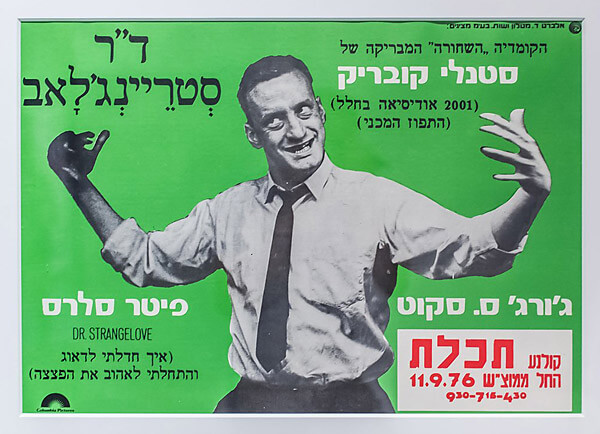By Merle Exit
“Walkers: Hollywood Afterlives in Art and Artifact,” an exhibition of nearly 100 works by 46 artists, along with a series of screenings and artist talks, is on view at the Museum of the Moving Image through April.
Organized by Chief Curator David Schwartz and scholar Robert M. Rubin, “Walkers” takes a look at the effect that the movies, as well as objects associated with the movies, have had on the arts.
Inspired by the idea of the “walkers,” or zombies, from the TV series “The Walking Dead,” the exhibition’s title is a nod to the lingering power of the artifacts surrounding film on the imagination of the living.
“As an institution dedicated to the advancement of our cultural and intellectual understanding of the moving image, we are very enthusiastic about taking this significant step forward for our institution,” Museum of the Moving of the Image Executive Director Carl Goodman said. “This is easily the largest, most ambitious contemporary art exhibition mounted by the museum. These works form the foundation of ‘Walkers’ because of their deep thematic connection to popular cinema.”
“Walkers” was almost two years in the making. What inspired Rubin as he worked on putting the exhibition together were the “various thematic shows I have seen about art and cinema, such as ‘Hall of Mirrors’ at the Museum of Contemporary Art, Los Angeles, 20 years ago.”
The exhibition is divided into 11 separate sections on themes that emerge from the materials.
“We’re trying to show that the line between art and artifact is a fluid one and that instead of putting all this artwork in a white cube, in a typical museum setting, we’re mixing it up with all the literal source materials,” Rubin said.
The film series began with “Dr. Strangelove, or: How I Learned to Stop Worrying and Love the Bomb,” Stanley Kubrick’s evocation of cold-war nuclear paranoia. A poster of the movie is Rubin’s favorite of the exhibit’s artifacts, “because of its inadvertent reference to the Iranian nuclear situation,” he said.
The pieces on view in the exhibition cover a wide range of approaches and media, including Douglas Gordon’s “Self Portrait of You + Me (Dean Martin 01),” an installation incorporating both photography and a mirror; a set design for the Bates Motel neon sign from Alfred Hitchcock’s “Psycho” (the film will be screened on Dec. 20 at 6:30 p.m.); and Tom Sachs’ “Godfather Viewing Station,” which displays the artist’s collection of memorabilia of the classic film.
Film screenings related to the exhibition continue through Dec. 27. Highlights include the 1944 film noir “Double Indeminty,” starring Barbara Stanwyck, Fred MacMurray and Edward G. Robinson, with a screeplay by Billy Wilder and Raymond Chandler, and Wilder in the director’s chair. It will screen Dec. 19 at 1:30 p.m.
Later that day, at 4 p.m., “Chinatown,” a 1974 Roman Polanski hit with Jack Nicholson, Faye Dunaway and John Huston will be shown. In that film, Nicholson gave the movies a private detective for the ages—J. J. Gittes, a 1930s Los Angeles investigator who gets in way over his head after the wife of a local tycoon hires him to spy on her husband.
Sam Peckinpah’s “The Wild Bunch,” with William Holden, Ernest Borgnine, Robert Ryan, Edmond O’Brien and Warren Oates, will get two special 70mm screenings on Dec. 26 and 27 at 3:30 p.m. In Peckinpah’s latter-day Western, a group of aging outlaws, fleeing the authorities, attempt to make a final score for a Mexican general, but when things go awry, the gang finds itself in one of the wildest and bloodiest of screen shoot-outs.
A new DCP restoration of Peter Bogdanovich’s 1971 “The Last Picture Show” screens on Dec. 26 and Dec. 27 at 7 p.m. This lively and haunting elegy for the West, for movies and for childhood tells the story of three high-school friends stuck in a fading Texas town in the 1950s.
As for touring the exhibit, Rubin said that he is in discussion with venues in the West as well as in Europe.
If you Go
Walkers: Hollywood Afterlives in Art and Artifact
When: Through April 10
Where: Museum of the Moving Image, 36-01 35th Ave., Astoria
Cost: $12/adults, $9/seniors and students with ID, $6/children 3-12, Free/children under 3
Contact: (718) 777-6888
Website: www.movin






































